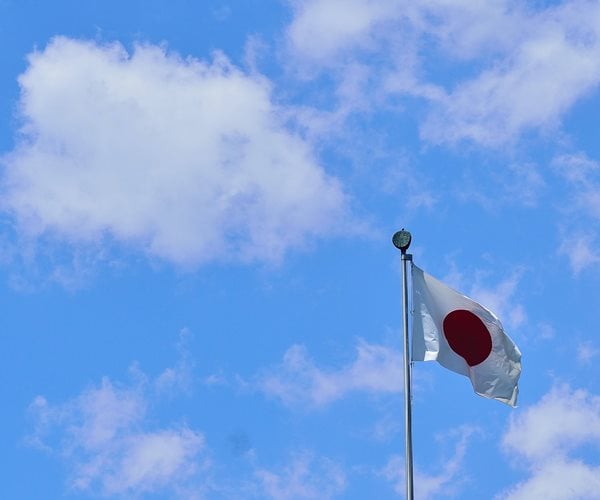[ad_1]
The Japan Aerospace Exploration Agency has endured several setbacks this year, including launch failures that derailed the introduction of a next-generation rocket.
But the agency could gain needed thrust through the scheduled launch Sunday of a mission to the moon, becoming the third nation this month to make such a journey. A Russian Luna-25 probe, the nation’s first moon mission in 47 years, crash landed on the lunar surface last weekend.
On Wednesday, India became the first country to land on the moon’s southern pole when its unmanned Chandrayaan-3 spacecraft safely touched down.
The Japanese space agency’s H2-A rocket is scheduled to take off Sunday morning, The Japan Times reported Friday, from Tanegashima Space Center in southern Japan, carrying an advanced imaging satellite and a lightweight lander expected to touch down on the moon’s surface in January or February.
“Before this year, Japanese rockets had been doing well — perhaps too well — which may have led to certain oversights,” Shinichi Kimura, director of the Tokyo University of Science’s Research Center for Space System Innovation, told the Times, adding Sunday’s launch provides the space agency an opportunity to gain from its painful lessons of the past year.
“It’s an important mission, both scientifically and symbolically,” he said.
Mitsubishi Heavy Industries of Japan has been working nearly a decade developing the H3 rocket, the successor to the H2-A, the Times reported. The H3 is a single-use rocket seen as a less expensive and more reliable alternative to competitors such as SpaceX’s reusable Falcon 9.
The rocket’s inaugural launch was postponed in February. In March, its second-stage engine did not ignite, and it was sent plummeting into the Philippine Sea. In July, the engine of an Epsilon S rocket exploded during a ground test. The Epsilon S and H3 use the same solid rocket booster.
“Considering other recent events, we’re looking to do anything we can to improve the situation,” said Hiroshi Yamakawa, director of the Japan Aerospace Exploration Agency, after the Epsilon S accident, according to the Times.
Michael Katz ✉
Michael Katz is a Newsmax reporter with more than 30 years of experience reporting and editing on news, culture, and poltics.
